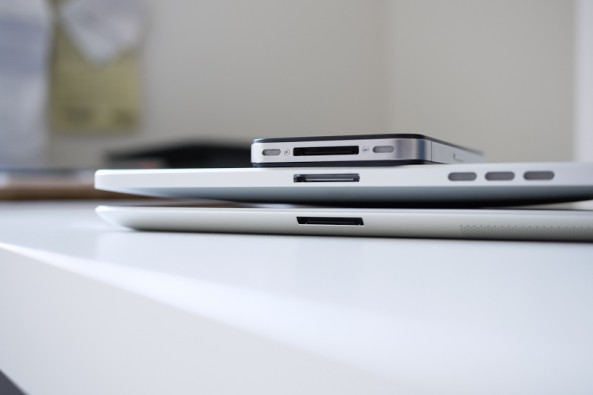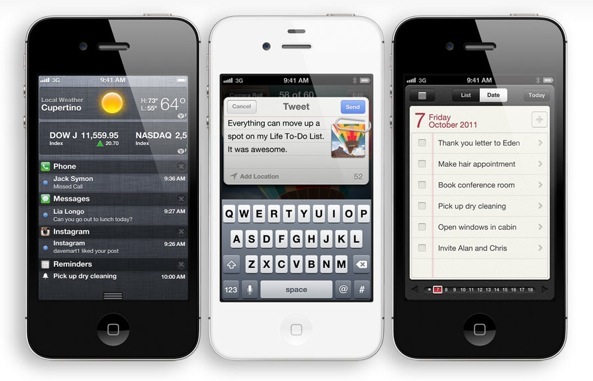As an August 4 ban on U.S. sales of some of Apple’s most-popular products looms, the iPhone maker is picking up business support. AT&T, Verizon, Intel and other companies are asking that U.S. President Barack Obama overturn an ITC-ordered ban on the sale of some Apple products judged to infringed upon standards-essential patents owned and asserted against Apple by rival Samsung.
At issue is whether Samsung is unfairly using essential patents as a weapon to gain an upper-hand in U.S. smartphone sales. The iPhone 4, for instance, is one of Apple’s best-selling handsets…
In Apple’s legal challenge to the domestic sales ban, AT&T’s comments to the U.S. International Trade Commission representative are quoted. Among the statements by the U.S. carrier: such a halt in sales of a low-cost iPhone was “inconsistent with the president’s goal of ubiquitous broadband deployment.”
The U.S. trade representative, Michael Froman, has the power to allow or not the ITC ban to go into effect.
AT&T’s comments follow those of Verizon Wireless top lawyer Randal Milch, also calling for the ban’s reversal. Verizon and AT&T combined supplied 79 percent of Apple’s U.S. smartphone sales during the June quarter, Kantar announced earlier Monday.
According to The Wall Street Journal, officials from the Justice Department and the Federal Trade Commission are voicing their concern about the ban and the overall issue of tech firms using essential patents as a club against competitors.
In response, the South Korean Samsung said it “has never offensively used its patents, essential or not, to keep competitors out of the market.”
Notice the qualification of “offensively.”
Others, too, have come out against using essential patents as a weapon.
Among them: BSA, the software trade group and chip giant Intel, which is scheduled to testify before a Senate hearing on the issue.
Although a presidential veto is not common – the most recent reversal of an ITC ruling was in 1987, according to the Journal – there appears to be growing concern in the Obama administration about using product bans based on essential technology patents.
Both the Justice Department and the U.S. Patent and Trademark Office in January told the ITC there needs to be a “cautious approach to issuing product bans involving essential patents,” reports the Journal.
As well, a government investigation into how Samsung used such patents in lawsuits is also reportedly underway.

